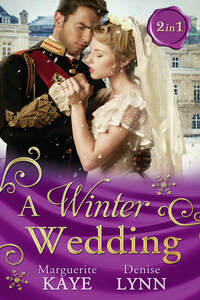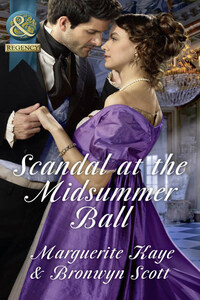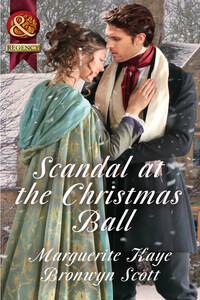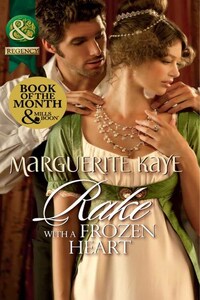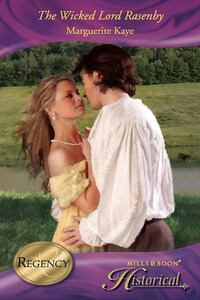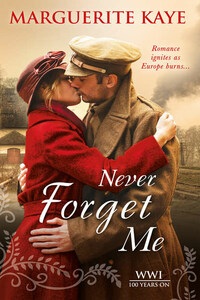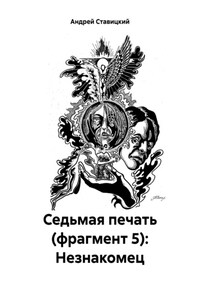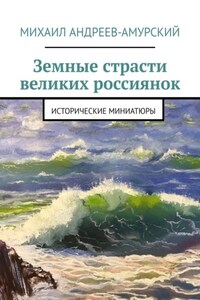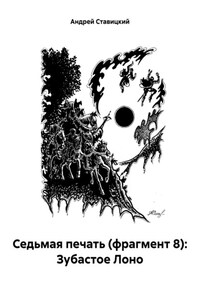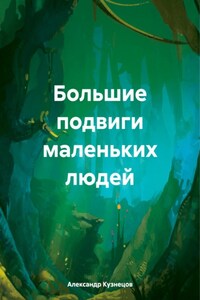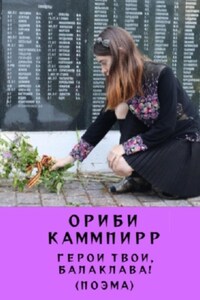A Winter Wedding
Strangers at the Altar
Marguerite Kaye
The Warrior’s Winter Bride
Denise Lynn
www.millsandboon.co.uk
Born and educated in Scotland, MARGUERITE KAYE originally qualified as a lawyer but chose not to practise. Instead, she carved out a career in IT and studied history part-time, gaining first-class honours and a master’s degree. A few decades after winning a children’s national poetry competition she decided to pursue her lifelong ambition to write, and submitted her first historical romance to Mills & Boon. They accepted it, and she’s been writing ever since.
You can contact Marguerite through her website at: www.margueritekaye.com
HISTORICAL NOTE
Paddle steamers and the railways brought tourism to the west coast of Scotland at around the time when Ainsley and Innes decided to set up their hotel. Though the original and most popular destinations ‘doon the watter’ on the Clyde were Rothesay, Largs and Dunoon, Tighnabruaich (aka Strone Bridge) had its share of excursionists. The engineer David Napier, whose Loch Eck tours inspired Ainsley, built a pier on the Holy Loch in the 1830s, not far from my own home.
Numerous versions of the Rothesay Castle paddle steamer made the journey from Glasgow, Gourock and eventually Wemyss Bay railway terminals to the Isle of Bute. Today, the last sea-going paddle steamer, the Waverley, makes the same journey from Glasgow to Bute and down the beautiful Kyles all the way to Tighnabruaich.
Strone Bridge Castle is actually based on Panmure House, the seat of the Maules near Dundee, which was demolished in 1955. The story which Innes tells Ainsley of the locked gates following the 1715 Jacobite rebellion belongs to Panmure, details and pictures of which are in Ian Gow’s beautiful book Scotland’s Lost Houses. The chapel attached to Strone Bridge Castle, though, is based on the one belonging to Mount Stuart in Rothesay.
Agony Aunts existed, astonishingly, as far back as the seventeenth century, though they reached their peak in the mid-Victorian era—a little after Madame Hera was writing. There are some fantastic examples of their letters in Tanith Carey’s book Never Kiss a Man in a Canoe.
As to the traditions and customs in this book—well, I must admit that I’ve let my imagination loose a wee bit. All the Hogmanay customs are traditional, but the Rescinding ceremony is not. I actually invented it for an earlier book set in Argyll, THE HIGHLANDER’S REDEMPTION, and I liked it so much I thought I’d start a tradition of my own and re-use it.
Chapter One
Dear Madame Hera,
The other day, while taking a walk in the Cowgate district of Edinburgh, I was approached by a young man who gave me some assistance with my umbrella. Since he was very well dressed, seemed most polite, and the rain was coming down in torrents, it seemed churlish of me not to offer to share my shelter. He accepted with some alacrity, but the small circumference of my umbrella forced us into a somewhat compromising intimacy, of which the gentleman was not slow to take advantage. He stole a kiss from me, and I permitted him to take several more while we found respite from the downpour in the close of a nearby tenement. By the time the rain stopped, we were rather better acquainted than we ought to have been.
We parted without exchanging details. Alack, when he left me, the young man took not only my virtue but my umbrella. It was a gift from another gentleman, who is bound to question me most closely when he discovers its loss. I fear he will not understand the peculiar effect the combination of rain, a good-looking young man and a very small umbrella can have on a woman’s willpower. What should I do?
Drookit Miss
Edinburgh—June 1840
‘I am very sorry, Mrs McBrayne, but there is nothing to be done. Both your father’s will and the law are perfectly clear upon the matter. Could not be clearer, in actual fact, though if you insist upon a second opinion, I believe my partner is now free.’
‘You, Mr Thomson, are my second opinion,’ the woman said scornfully. ‘I have no intentions of spending more money I don’t have, thanks to that spendthrift husband of mine and that trust of my father’s, simply to hear what you have already made perfectly plain. The law is written by men for men and administered by men, too. Be damned to the law, Mr Thomson, for it seems to be forcing me to earn my living in a profession even older than your own, down in the Cowgate. I bid you good day.’
